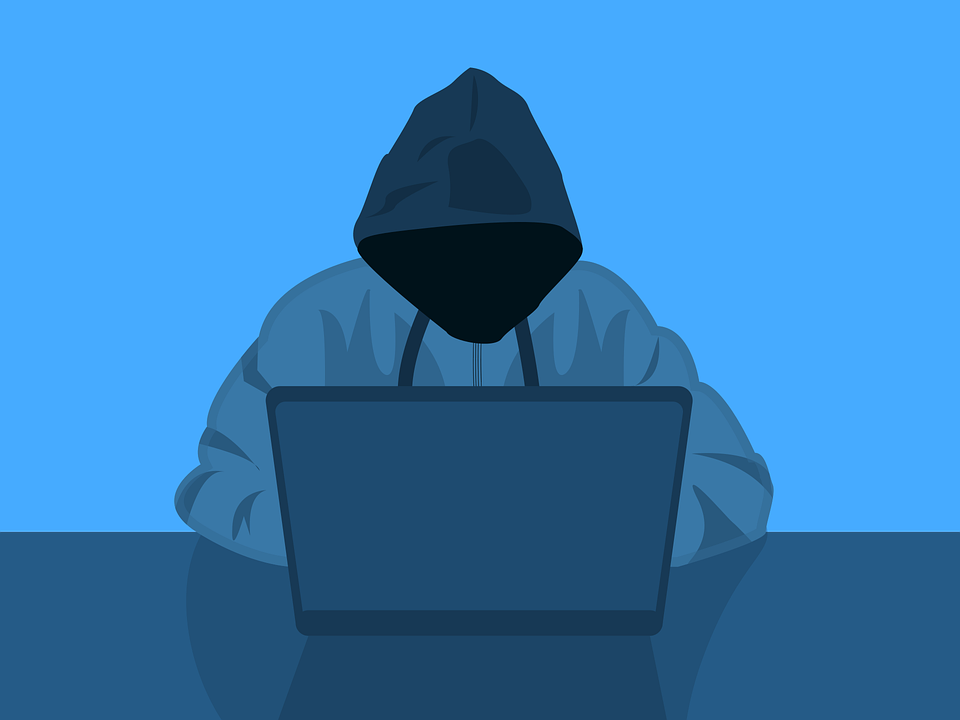The landscape of work has dramatically shifted across Colorado’s Front Range. From tech startups in Denver’s RiNo district to established firms in Boulder’s Pearl Street area and innovative companies in Fort Collins’ Old Town, remote work has become the new norm for many organizations. While this shift offers unprecedented flexibility, it also introduces new cybersecurity challenges. A staggering 73% of executives believe that remote work increases security risks1. However, with the right strategies in place, businesses in Denver, Boulder, and Fort Collins can effectively mitigate these risks.
In this guide, we’ll explore seven crucial remote work cybersecurity practices to keep your company’s data safe, regardless of where your team is working from in the Colorado Front Range area.
1. Fortify Your Home Network
For remote workers across Denver, Boulder, and Fort Collins, the home network is the first line of defense in cybersecurity. Here’s how to strengthen it:
- Implement Strong Wi-Fi Encryption: Use WPA3, the latest security protocol, to prevent unauthorized access to your network, whether you’re in a Denver high-rise or a Boulder mountain home.
- Update Router Settings: Change default usernames and passwords to unique, strong credentials, a crucial step for all home offices from Fort Collins to Denver.
- Keep Firmware Updated: Regularly check for and install router firmware updates to patch vulnerabilities, protecting your data whether you’re working from Boulder’s Flatirons or Denver’s Tech Center.
2. Embrace Robust Password Practices
Strong passwords are crucial for remote work cybersecurity, especially in Colorado’s tech-savvy business environment:
- Utilize Password Managers: These tools generate, store, and autofill complex passwords, ensuring each account has a unique and strong password, whether you’re accessing Denver’s municipal services or Boulder’s startup ecosystems.
- Enable Multi-Factor Authentication (MFA): MFA adds an extra layer of security, making it significantly harder for attackers to breach accounts of businesses from Fort Collins to Denver.
3. Secure Your Devices
Protecting the devices you use for work is essential in remote work cybersecurity, particularly in Colorado’s dynamic business landscape:
- Install Antivirus/Anti-Malware Software: Keep this software up-to-date to detect and neutralize threats promptly, whether you’re working from a coffee shop in Denver’s LoDo or a co-working space in Boulder.
- Regular Software Updates: Enable automatic updates for your operating system, applications, and security software, crucial for staying protected in Fort Collins’ growing tech scene.
- Use Encrypted Storage: Implement encrypted storage solutions for sensitive data to protect it even if a device is lost or stolen, whether you’re commuting on Denver’s light rail or hiking in Boulder’s Chautauqua Park.
4. Establish Secure Communication Channels
Secure communication is a cornerstone of remote work cybersecurity for businesses across Colorado’s Front Range:
- Utilize Virtual Private Networks (VPNs): VPNs encrypt your internet traffic, making it difficult for attackers to intercept data, whether you’re working from a Denver park or a Fort Collins brewery.
- Adopt Encrypted Messaging and Email: Use communication tools with built-in encryption to ensure privacy for your Colorado-based team and clients.
5. Practice Safe Browsing
Your browsing habits play a significant role in remote work cybersecurity, especially important in Colorado’s tech-focused business environment:
- Configure Browser Security: Enable pop-up blockers, disable third-party cookies, and always use HTTPS connections, whether you’re researching Boulder’s startup scene or Denver’s business regulations.
- Be Vigilant Against Phishing: Verify sender identities before clicking links or downloading attachments, a crucial skill for professionals across Denver, Boulder, and Fort Collins.
- Use Ad Blockers: These tools can prevent malicious ads containing malware or phishing links from displaying, protecting you whether you’re browsing from a Fort Collins coffee shop or a Denver co-working space.
6. Prioritize Education and Training
Continuous learning is crucial in the ever-evolving landscape of remote work cybersecurity, particularly in Colorado’s innovative business ecosystem:
- Conduct Regular Security Training: Keep your team updated on the latest security practices and threats, whether they’re working from Denver’s suburbs or Boulder’s downtown.
- Develop an Incident Response Plan: Ensure all employees know the steps to take in case of a security breach, crucial for businesses from Fort Collins to Denver.
7. Foster Personal Responsibility
Individual actions significantly impact overall remote work cybersecurity, a key consideration for Colorado’s collaborative work culture:
- Maintain Personal Device Hygiene: Encourage regular backups and secure configurations on personal devices, whether your team is spread across Denver’s metro area or concentrated in Boulder’s tech hub.
- Raise Awareness About Social Engineering: Educate your team on common tactics like pretexting and baiting to prevent falling victim to these attacks, vital knowledge for professionals across Colorado’s Front Range.
Elevate Your Remote Work Cybersecurity in Colorado
As the remote work environment continues to evolve in Denver, Boulder, and Fort Collins, so must your approach to cybersecurity. By implementing these seven essential practices, you can significantly enhance your organization’s security posture in the digital workspace, no matter where your team is located across Colorado’s Front Range.
Need expert guidance on improving your remote work cybersecurity in the Denver, Boulder, or Fort Collins area? Our team of specialists is ready to help ensure your remote work setup is secure and resilient against cyber threats, tailored to the unique needs of Colorado businesses.
Contact us today to discuss your remote work cybersecurity needs and take the first step towards a safer digital future for your Colorado-based business.
